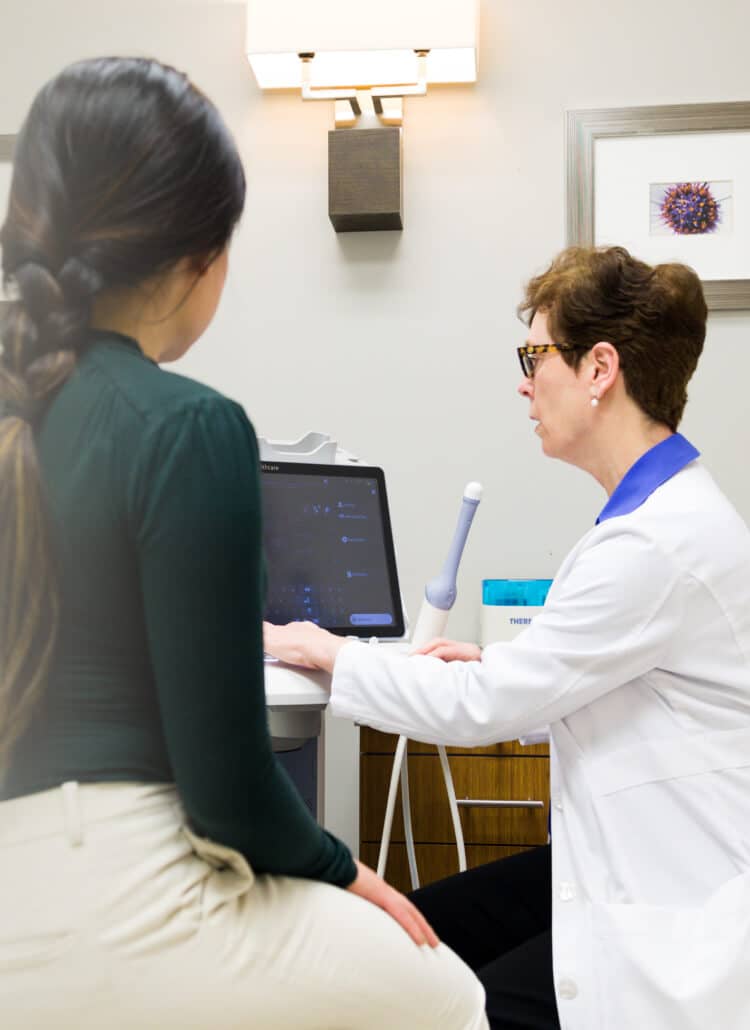What Is Infertility?
Infertility Defined
A common, textbook definition of infertility is the "failure to conceive following one year of unprotected sexual intercourse." A more precise definition of infertility takes into account the age of the woman trying to conceive, as this is a crucial factor in this process: Infertility is the inability to conceive following one year of unprotected intercourse if under 35 years of age or six months if over 35.
There are a number of factors that can contribute to an individual or couple's inability to conceive, and it is important to consider all of these when first evaluating the situation.



